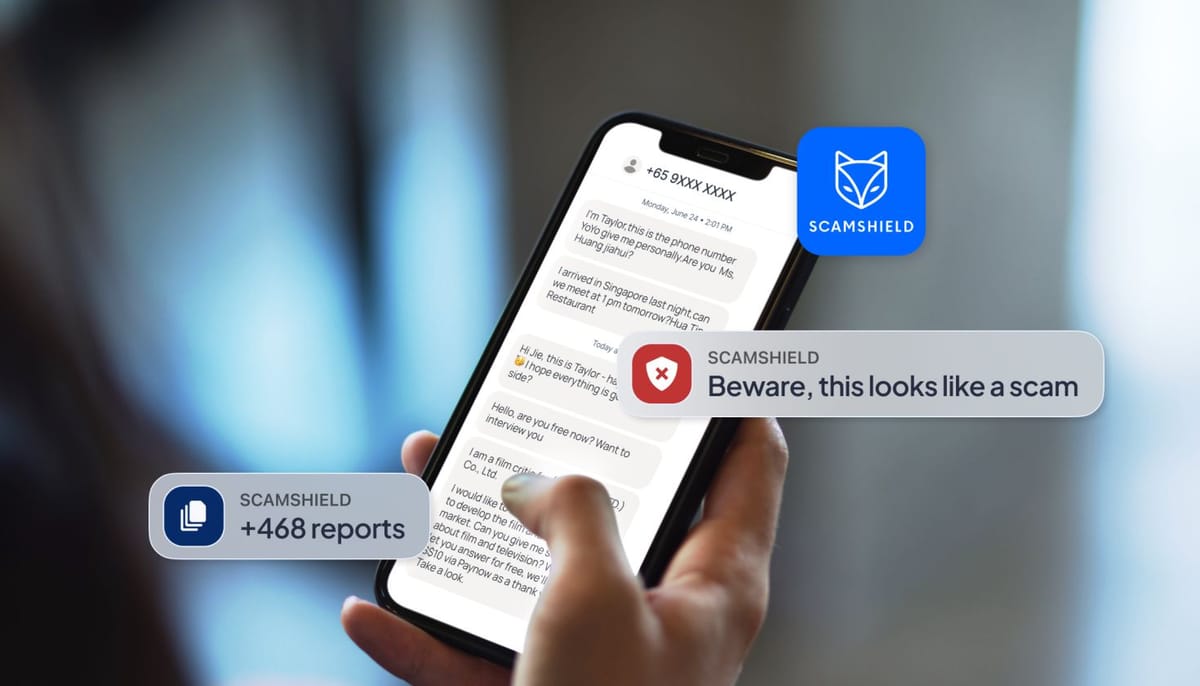Doctor nearly lost SG$4M to an impersonation scam
Here's how I stay ahead of scam attempts.

Too smart to be scammed? A doctor nearly lost SG$4m to an impersonation scam; only saved by timely intervention of S'pore police.
According to a report on AsiaOne today, a doctor was about to transfer $4m in her bank account to scammers just before she was alerted.
What happened
A doctor received a call from someone claiming to be a bank official, who warned her that she was in trouble with the law for suspected money-laundering.
- Used partial NRIC details to gain trust.
- Transferred to video call with a "MAS officer."
- Room showed S'pore police, MAS logos.
- Another "investigating officer" took over.
- Asked to cooperate with "secret" investigation.
With her phone set to sharing mode, she made an initial transfer of $29,999 to a purported bank account in her name as part of the "investigation."
Main fear: Protecting her parents' life savings of $4m in her bank account from "scammers."
Fortunately, bank employees at the Singapore Police Force Anti-Scam Command flagged the transfer and a real investigation officer took over.
- Bank blocked the transfer.
- Real police officer called.
- She hung up on scammers.
- She made a police report.
Scamming: The new digital frontier
Scamming is big money, though I won't bore you with the sobering statistics on how much is lost to scams in Singapore every year.
Today's scammers are highly organised, well-resourced, and are coached in psychology and manipulative tactics.
- Triage for new victims using variety of methods.
- Use video, stolen data to convince victims.
- Multiple scammers to make it more real.
It doesn't help that risks for these criminals are minimal as they work across borders; many even bolster their operations with modern slavery.
Staying scam-free
Here's how I personally attempt to stay ahead of scams.
- Never discount being scammed.
- Stay abreast of new scams.
- Watch for warning signs*.
- Never engage scammers.
To me, some warning signs include being told to keep the call secret, an attempt to foster fear, and a sense of urgency.
Finally, never engage with scammers.
- Trying to waste their time is pointless, as the initial triage level is managed by the most junior.
- The idea is to filter out savvier respondents, only "handing off" potential victims to more senior scammers.
- At best, being a smart alec only tells them you are an unlikely victim. At worst... you end up scammed.
What about you? How do you steer free of scammers?




